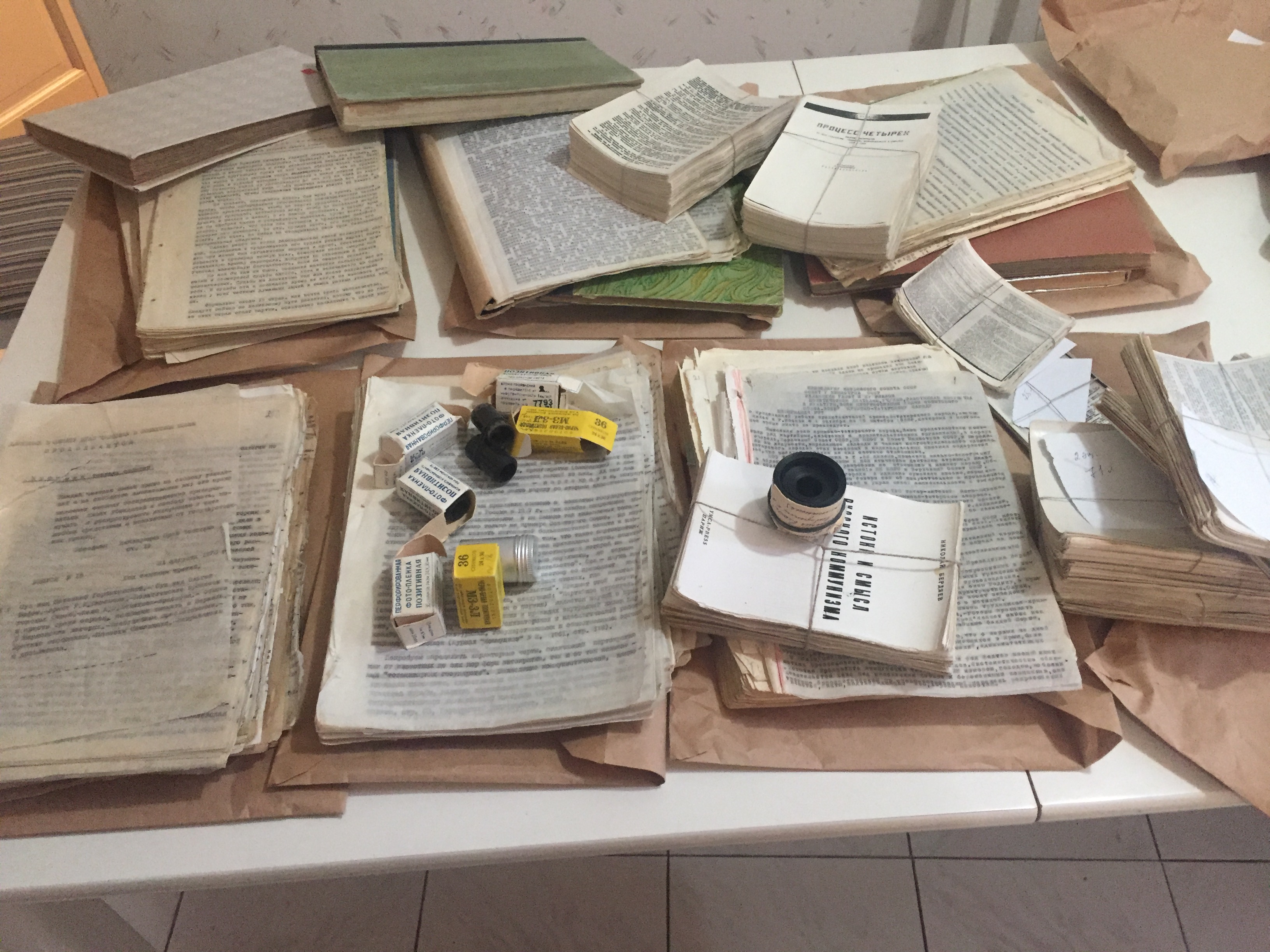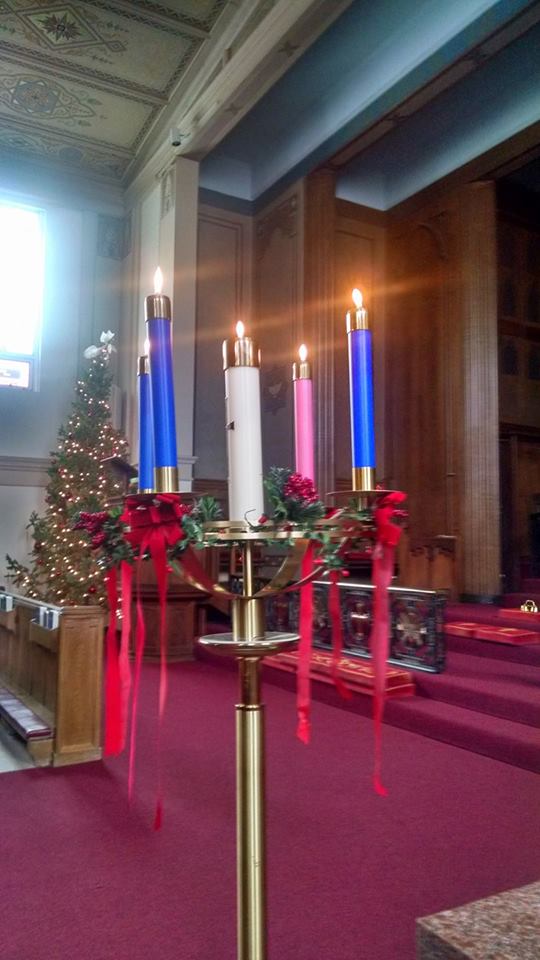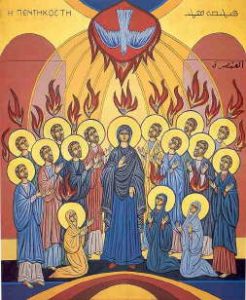A fictional account of a 1st century conversion:
My name is Jason. I am from the city of Ephesus. I live under the reign of Emperor Nero. I came to find life in the person called Jesus Christ.
On the day of the Sun, that which the Christians call ‘the Lord’s day,’ during the Jewish Passover, my sister Juila and I were baptized into this faith. I’d like to explain something about my family and why this baptism was the most radical of actions that took me from death to life, from darkness to light. I learned that when the Son sets you free, you are free indeed! I became a Christian, in part, because of two remarkable women, whom I will tell you about in a moment.
My father was a fisherman. I remember days on end walking to the sea port to see him off. We would get up before dark while the air was still cool. We walked to the port everyday and after my father would sail away, the sunrise would shine off my face. Those were the fondest memories of my childhood.
My parents had difficulty having children, and two of my sisters died in childbirth. My sister Julia, however, was born some 26 years ago. I was 9 years old. I’ll never forget the day she was born because my mother did not survive the birth. The priests of the Temple Artemis tried everything. They cut themselves and covered my mother with incense and silver coin images of the great goddess, but to no avail.
The Temple of Artemis has provided much income for the city of Ephesus. We have the most advanced plumbing system in the world. We have no poor begging in the street.
That does not mean that there are no poor people. We were. We found ourselves desperate when mother died. Who would take care of us? My father was becoming less and less able bodied, because of his many bouts with fever. So, the priests offered us an exchange. I was good with my hands so they put me to work for a craftsman named Demetrius, who made shrines and images for the Temple.
My sister would then be dedicated to the goddess Artemis in her Temple. She would be raised by the holy women of the Temple and when she was old enough, would offer herself as a living sacrifice. I didn’t understand at the time what that meant, nor did I understand why that troubled my father so much, but it seemed like a fair arrangement.
Later I learned what Julia’s fate would be. When she was 11, she was initiated to Artemis by offering her body completely, thus becoming one with her. Hence, any man who wanted to also feel this oneness, would pay for relations with Julia.
When my father became too sick to provide income, 15% of Julia and my earnings went back to our home. We were desperate, but did what we had to do. Who was this great goddess? She certainly did not keep my mother safe in childbirth like she was supposed to. And it turned my stomach to see politicians and lawyers and teachers and philosophers walk into the Temple courts for visits with the holy women, knowing my sister was one of them. But we did what we had to do.
My father died when I was 26. I became quite skilled as a craftsman, but because of our ‘arrangement’ we had a lifelong debt to the Temple. Therefore, I could afford food for Julia and I, but little else. She became reliant on the priest’s potions, which kept her sedated during the countless visits of patrons to the Temple. So, Demetrius allowed us to stay with him, so long as he had occasional ‘visits’ with Julia.
Demetrius was a bastard, but taught me the skill of a businessman. He did not believe the Artemis tales anymore than I did. We offered our pinch of incense to her and the shrine to the emperor when we had to and kissed the hand of Rome because it was expedient to business. You were a good citizen if you paid homage to the gods and goddesses and as Demetrius said, ‘without the superstitious old ladies, we would be out of business, so make sure you can spin a tale of how this silver Artemis helped you get a girlfriend or brought you a great harvest, and that it is blessed by the high priest himself.’
And so it went. At least until Julia’s dreams got worse. I say worse because she had them as far back as I can remember. She would wake up screaming and say there was someone in her room. We dismissed these dreams until ‘the someone in her room’ would leave bruises on her neck. She would wake up choking and the bruises would appear spontaneously. She could see the dark presence that we could not see. She became so engulfed by this presence that not even the priests’ potions would give her solace. Eventually, she could not move from her bed and had arguments with the unseen presence.
I took her everywhere. To doctors, to priests and priestesses of all the gods. I even took her to a Jewish priest named Sceva, who helped a little, but insisted that I be circumcised before he continued. His sons ran in terror when they saw Julia. I decided to keep looking.
About this time, I met a young woman named Hannah. She would visit the market outside of our shop. Two things drew me to her. The first was that she carried a young girl about 3 years old who had no hands. That was unusual to me since deformity is seen as the curse of the gods. We simply discarded those kinds of infants when they are born. ‘No one should be burdened by such a thing,’ so we said.
The other thing that drew me to her was her face. She had long black hair (covered of course) and dark eyes. She was obviously Jewish but she would whisper things to the child about someone named Jesus. Some in Ephesus called these people ‘followers of the Way,’ others called them atheists and offenders against the order of things. Demetrius told me of some crazy man named Paul who visited a couple of years previous who started a riot and tried to put us out of business.
Whatever Hannah was, follower of the Way or not, she was beautiful. There was a purity and serenity in her that I had never seen in a human being.
Our first conversations were cordial and friendly. And, though she never went into our shop, and though I knew she was deeply against Artemis and the gods she said little to me about it. I came to like the little girl, Miriam, who was anything but a curse from the gods. Miriam belonged to Hannah’s community of the Way. She was discarded in the street at birth and the followers of Jesus took her in. She was sweet and playful and loved oranges.
After a few discussions with Hannah, I told her about my sister and if any of the Christian priests could help. She said yes, but that Julia and I would have to walk away from everything associated with the Temple of Artemis. This was for our safety she said. I explained to her that we were indebted to Demetrius and the priests of the Temple. She said she would take me to see her presbyter about it. So she took me to meet Timothy.
Timothy was a quiet man, only a couple of years older than me, but he had a piercing gaze and an authority that I had never seen in any kind of priest. He also had a gentleness of spirit that was totally disarming.
To Timothy I explained my plight. He sat, asked a few questions and said something I could not believe and to this day still cannot believe.
He said he would ask some of the wealthy among the community of the Way to pay the price of redemption to Demetrius and purchase Julia and I. If we were willing to walk away from Artemis, he said, we would be free, because ‘when the Son sets you free, you will be free indeed.’
I couldn’t imagine how high that price would be to assuage Demetrius. Twenty years of wages? Whatever it was, said Timothy, we will pay it.
Julia had become unbearable to live with. She was at once being weaned from the potions and being harassed by the presence. It was no surprise, then, that Demetrius agreed to 5 years wages as our price of redemption, just to get the burden away from him.
So the agreement was that we were to move to a house of a man named Alexander and his wife Persis. There were other Christians who also lived there. I was afraid of what they would do once they saw Julia’s condition, but it never got that far. After Demetrius told us to burn in the river Styx, we went to the ‘church,’ a house belonging to a widow named Phoebe, and met with Timothy and another visiting presbyter named Tertius. They said they wanted to pray with Julia.
Initially Julia screamed and the presence said something about the servants of the most high God, but when Timothy and Tertius put oil on her forehead, signing with a ‘tau,’ the presence vanished. Julia’s spirit returned. She was like she was when she was a child, before the potions and the visits. The widow prepared a meal for her and Julia slept for at least two days. I rejoiced because this sister of mine was dead, and then alive again, she was lost and now was found.
The day of my baptism Timothy ‘sealed me with the Holy Spirit, a deposit guaranteeing my inheritance’ in Jesus. Julia was also baptized and almost looks like Hannah now.
That day we read some words from the ‘crazy man’ Paul. And they go like this:
Ephesians 1:3-14
Blessed be the God and Father of our Lord Jesus Christ, who has blessed us in Christ with every spiritual blessing in the heavenly places, just as he chose us in Christ before the foundation of the world to be holy and blameless before him in love. He destined us for adoption as his children through Jesus Christ, according to the good pleasure of his will, to the praise of his glorious grace that he freely bestowed on us in the Beloved. In him we have redemption through his blood, the forgiveness of our trespasses, according to the riches of his grace that he lavished on us. With all wisdom and insight he has made known to us the mystery of his will, according to his good pleasure that he set forth in Christ, as a plan for the fullness of time, to gather up all things in him, things in heaven and things on earth. In Christ we have also obtained an inheritance, having been destined according to the purpose of him who accomplishes all things according to his counsel and will, so that we, who were the first to set our hope on Christ, might live for the praise of his glory. In him you also, when you had heard the word of truth, the gospel of your salvation, and had believed in him, were marked with the seal of the promised Holy Spirit; this is the pledge of our inheritance toward redemption as God’s own people, to the praise of his glory.
Discussion
There is a lot there. What kind of God would love us so? What kind of community would do the same? Now I know what it is to be bought for a price, to be redeemed, because that is what the followers of Jesus did for Julia and I.
I can hardly believe that we are not the possession of any greedy craftsman or perverse priest or goddess, or even an emperor, but that we have been chosen by Christ himself to live where he is. His Spirit fills us. We belong to him. He knows us by name. He lavishes us with himself. And we are free and when the Son sets you free, you are free indeed!


